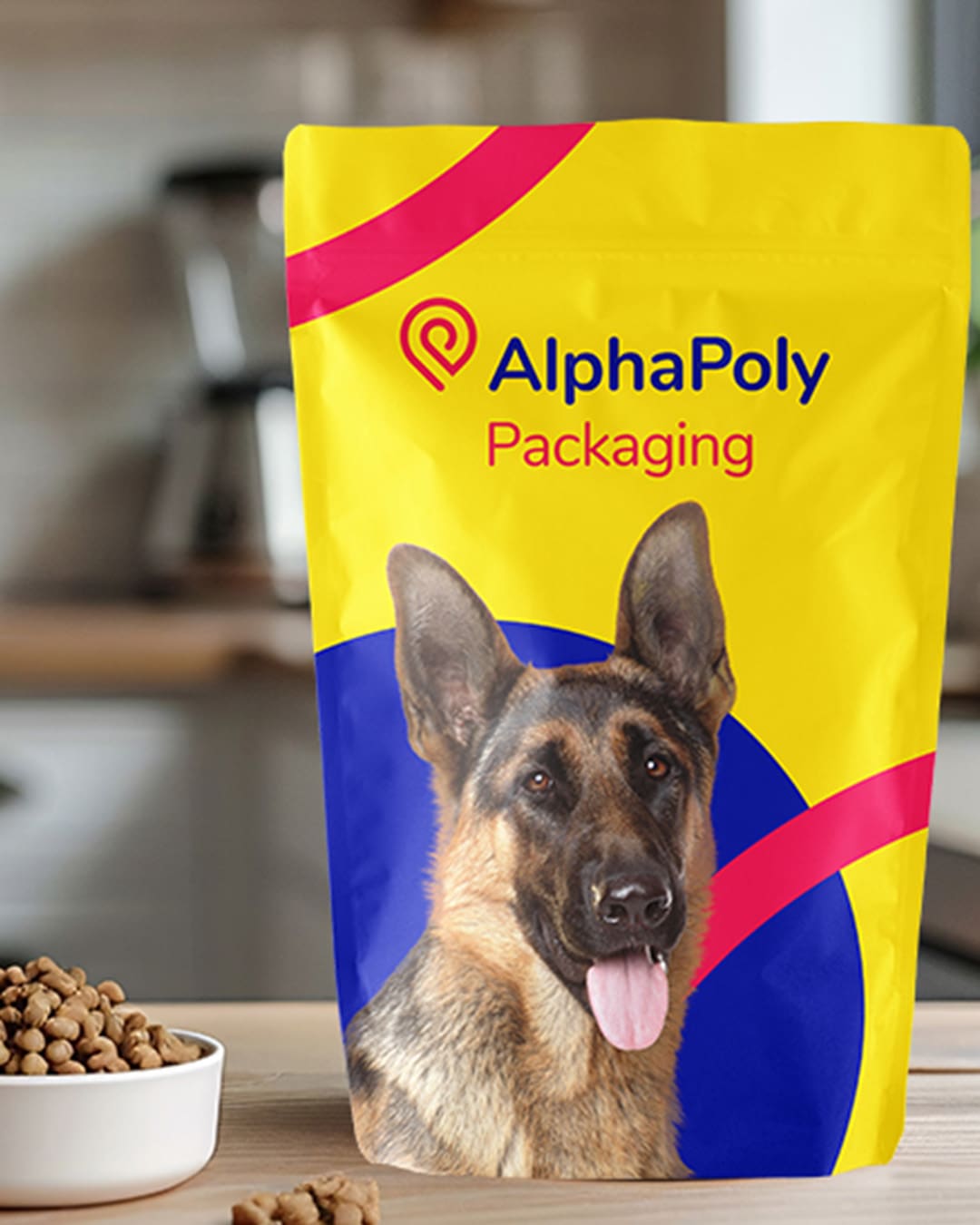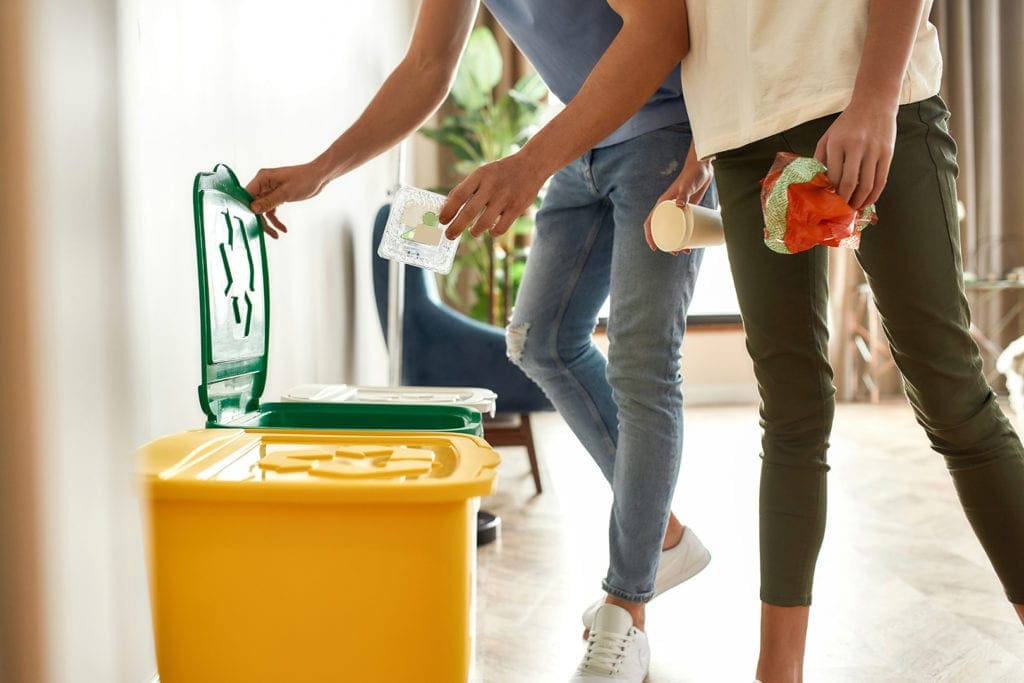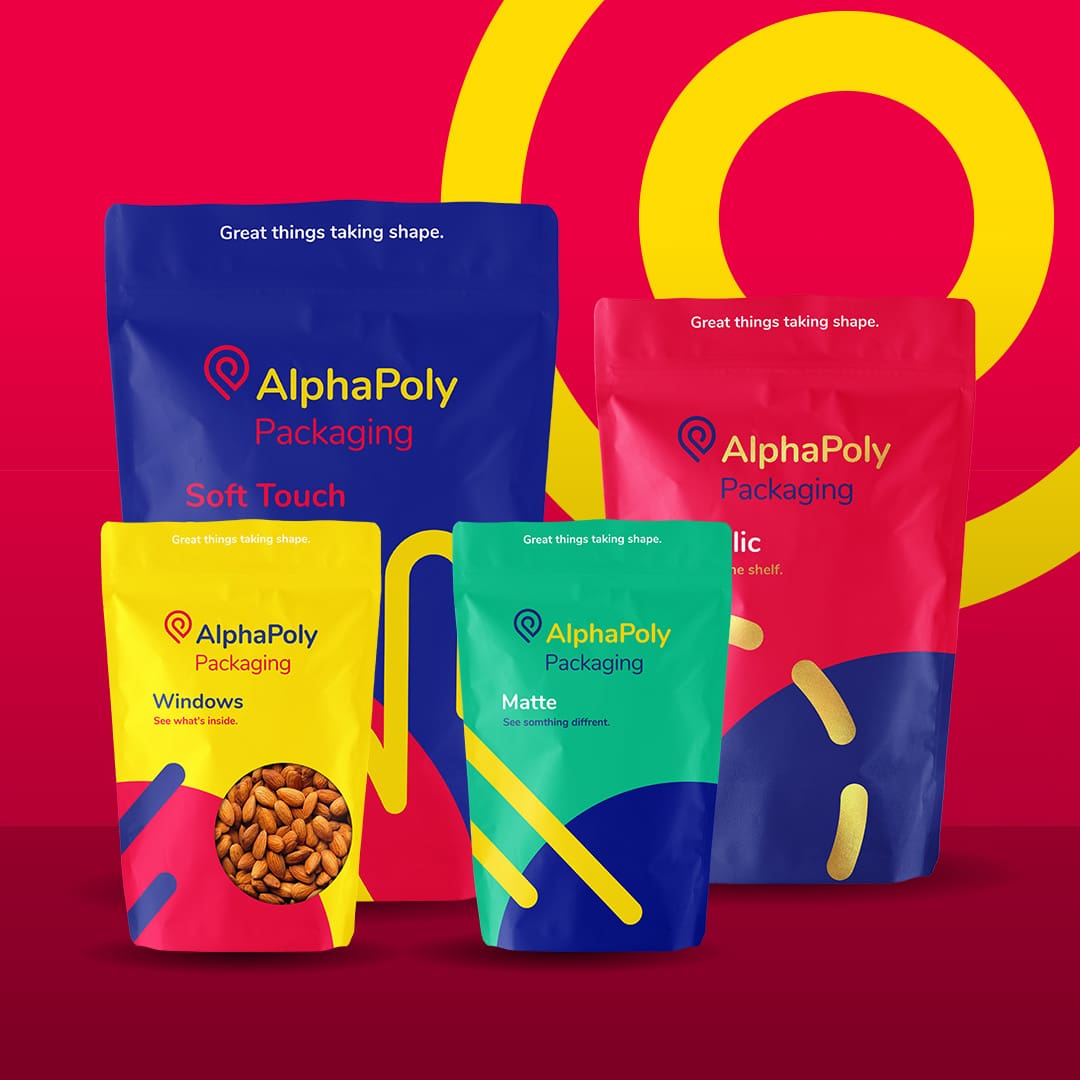When recycling was initially adopted as a residential practice in the late 20th century, we had to separate our paper, plastics and glass.
For convenience’s sake, we gradually moved to the single blue bin we have now, but the consequences of this have become problematic.
To understand why, it’s important to know how recycling works.
The residential recycling process, explained:
A product’s recyclability is determined by economic forces. It has nothing to do with its physical properties. The recycling economy works like this:
• Recycled materials collectors package up what they have and sell it to a manufacturer that needs that material for their products.
• Sorting stations pick out what can be resold at a price that lets the collector and the sorting station make money. These include glass, aluminum, cardboard, paper and plastic bottles and plastic jugs. The rest goes to landfill.
A notable absence is the oil-based, single-use packaging that most food comes in because it accounts for approximately one-third of all Canadian household waste. In fact, a recent global study estimated that 79% of produced packaging gets landfilled or leaks into the environment.
These realities were major contributors to the United Nations Chief of Oceans declaring the plastic pollution of our oceans a “planetary crisis.”
The answer isn’t better recycling. It’s better packaging.
Demand for change in the relationship society has with single-use plastics is strong: 93.7% of respondents to a recent Canadian survey were personally motivated to reduce consumption of single-use plastic food packaging.
Another study found that nearly three-fourths of consumers are willing to pay more for sustainable packaging.
However, the recycling process isn’t going to change anytime soon, nor will people’s preference to not have to separate their recyclables at source. And the demand for single-use packaging is expected to rise rapidly: from 40.4 million tons in 2020 to 48.5 million tons in 2025.
What has to change is the material being used in single source packaging.
Options exist but adoption is a problem.
After being identified as an essential priority in addressing the key challenge of sustainable food consumption, finding eco-friendly alternatives to oil-based packaging and non-recyclable/non-compostable bioplastic packaging picked up interest among scientists.
Researchers have yielded a number of new options that could bring about important changes to the consumer economy — if the public can get on board.
This is proving to be a tall order due to the misconceptions about sustainable packaging, more specifically that (a) it’s prohibitively expensive and that (b) those costs are passed through to consumers.
Our job is to quash those incorrect ideas
The reality is that while sustainable material is more expensive, costs are being mitigated by a global effort to reduce the amount of material used per package and numerous advancements in plastic resins and extrusions that make it possible to recycle more of a finished product.
As more people come around to this idea, and more pressure is put on food manufacturers to use sustainable packaging that can either be recycled or will compost, we’ll see more concerted efforts by the scientific and business communities to give consumers the affordable sustainability they clearly demand.
Progressive packaging companies are already ahead of the game
Their options range from recyclable products to compostable products to renewable products — all of which also meet food packaging requirements that keep food safe and help it last longer.
As a consumer, it seems utopian. It’s technology finally catching up to what we want our future to be: a world where people pay closer attention to how humanity’s need for packaging is affecting the planet.
Re-examining the possibilities in single-serving packaging is a good step in that direction.
At AlphaPoly, we offer our clients a reliable partnership for their sustainable packaging solutions that draws on more than 30 years of industry experience and knowledge. We pride ourselves on being nimble and responsive to our clients’ needs and we offer a wide variety of packaging options that are tailor made for our clients’ needs and industries.
Find out how AlphaPoly can elevate your brand today. Contact us to learn more.





